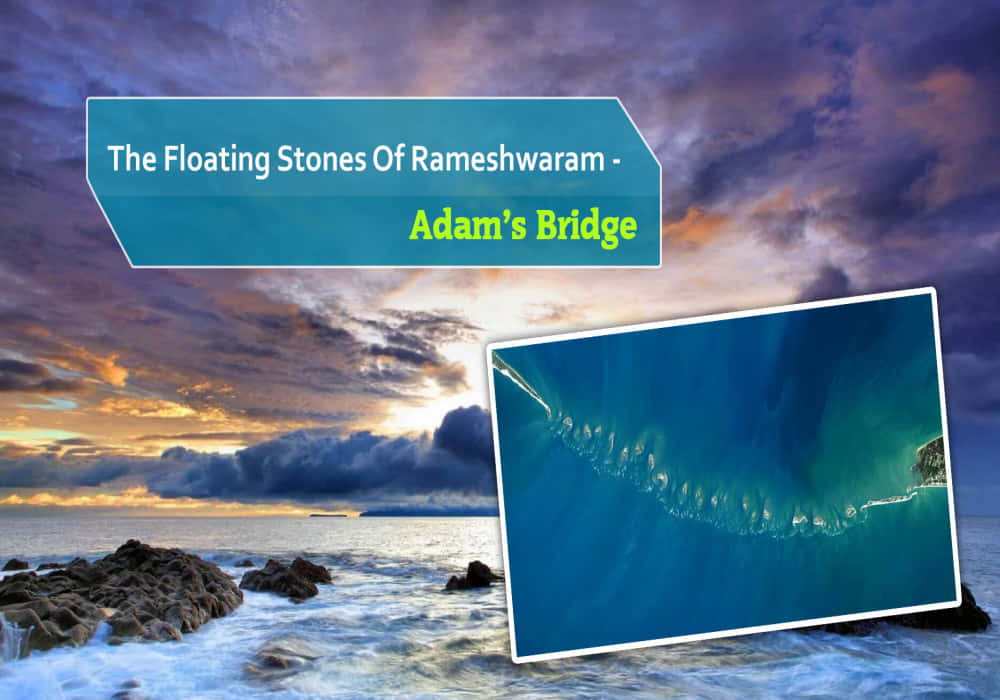
Last Updated At: 03-Apr-2024
The Floating Stones In Rameshwaram - Ram Setu
What if we tell you that there exists a real bridge from Hindu mythology that was constructed by a King and his forces to defeat a demon and evil King?
Well, sounds like an intriguing story, don’t you think so? But if you are thinking it to be a cooked-up story then let us tell you, it is not so!
In fact, the bridge we are talking about here was built by none other than Lord Rama.
Known as Rama's Bridge or Ram Setu, this architectural wonder is essentially a chain of limestone shoals situated somewhere between Pamban Island and Tamil Nadu.
It covers a length of about 48km, separating the Gulf of Mannar and Palk Strait. Here, you will be finding that some of the areas are dry, and the sea in this particular stretch rarely exceeds 1 meter in-depth, which is equivalent to around 3 feet.
And it is this fact that makes the ships unsalable on this stretch. Owing to this, the vessels passing through this direction have to take another course.
Everything About The Floating Stones In Rameshwaram
What is interesting to know is the fact that this bridge was passable on foot somewhere around the 15th century but with the passing of time and eventual storms, the passageway was somewhat deepened and this whole channel sank further in the ocean.
1. Historical Significance Of This Architectural Wonder
This mythological bridge got its first mention in Ramayana which was written by Valmiki. According to the Ramayana, Lord Rama built the bridge to travel to Lanka to save Maa Sita from Rakshasha King Raavana.
As per the western history record, this Setu finds its mention in the 9th-century historian Ibn Khordadbeh's book, Book of Roads and Kingdoms, and refers to it as the Set Bandhai or Bridge of the seas.
The earliest map which states this as Adam’s Bridge was made by a British Cartographer sometime in the year 1804.
This bridge starts from Dhanushkodi’s tip of the Pamban Island and finds its ending at Sri Lanka’s Mannar Island. The nearby areas such as Rameswaram, Dhanushkodi, Devipattanam, and Thirupullani find mention in different stages of Ramayana.
The Legend Behind Creation Of Ram Setu (Adam’s Bridge)
To this day, there is still an ongoing debate about the origin of this Lord Rama bridge. Some claim it to be having a supernatural origin whereas others call it a man-made architectural wonder. According to Ramayana, the ten-headed Rakshasa, King Raavana had captured Lord Rama’s wife Goddess Sita in the disguise as a golden deer and had taken her to his Kingdom Lanka.
Raavana had done so to take revenge from Rama and his brother Lakshmana for cutting the nose of his sister Shurpanakha.
To save his wife from the demonic King, Lord Rama had to travel to Lanka to fight the demon king and on his way, he met the vanaraas who we can refer to as intelligent monkeys. They helped him create this historical bridge to cross over the immense sea which lay before them.
A Bridge With Many Names
Yes, it is known by many names such as Adam’s bridge, Rem Setu, Nala Setu, Setu Banda, and some others. The name Nala Setu comes from the name of the architect who created it. The name Adam’s Bridge surprisingly comes from some of the Islamic texts which have a reference to Adam’s peak where it is believed that Adam had fallen after eating the apple and had then crossed this bridge to come to India.
Whereas some legends completely contradict this saying that he had crossed this bridge to reach Sri Lanka and not India. And somewhere you will find that when he was cast away from heaven and landed on this place, the fall of his landing was so strong that it had made an impression on the rocks.
After that, Adam cried a lot searching for Eve as she was also supposed to fall with him. But it was only after years of wandering around that they finally met somewhere in the Arabian deserts. However, there is no concrete proof to support these theories. All of it is just conjecture.
Frequently Asked Questions Regarding Floating Stones In Rameshwaram
Q. What is the name of the stone associated with Ram Setu?
A. The stone associated with Ram Setu is called "Adam's Bridge" in English. In Hindu mythology, it is known as "Rama's Bridge" or "Rama Setu."
Q. What is the significance of the floating stones associated with Ram Setu?
A. The floating stones associated with Ram Setu are mentioned in Hindu mythology as part of the legendary bridge built by Lord Rama and his army to reach the island of Lanka (present-day Sri Lanka) to rescue his wife, Sita, from the demon king Ravana. According to the epic Ramayana, Lord Rama's army, with the help of Lord Hanuman and the Vanara (monkey) warriors, constructed the bridge by placing stones engraved with the name of Lord Rama into the sea. These stones, believed to be floating due to the divine powers imbued in them, helped bridge the gap between India and Sri Lanka.
In the end, all we can say is that whatever might be the story or origin of the Floating Stones In Rameshwaram. It will always be a topic of utmost reverence for Hindus. Do you know? Now, you can book cheap flights and pocket-friendly tour packages with Adotrip.
--- Published By Rohan Bhalla
Latest Blogs

Cash in the Wild: My Safari Adventure Across Kenya with Only...

One Day Picnic Spot Near Pune - Adventure, Trekking and Natu...
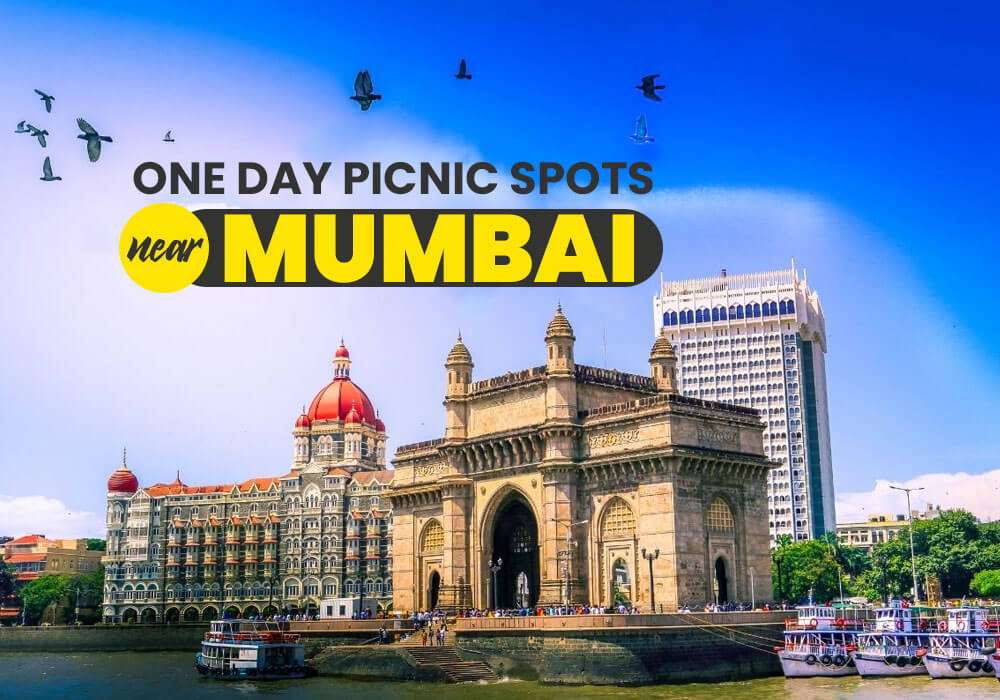
One Day Picnic Spots Near Mumbai - Monsoon, Adventure, Beach...
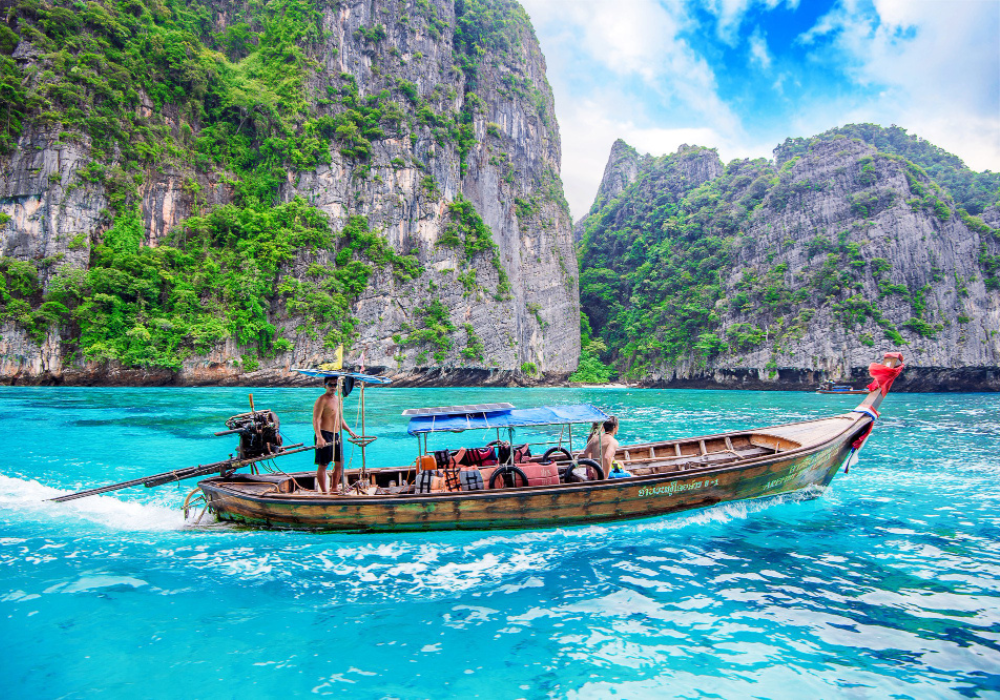
The Best Places to Go in Thailand in 2025
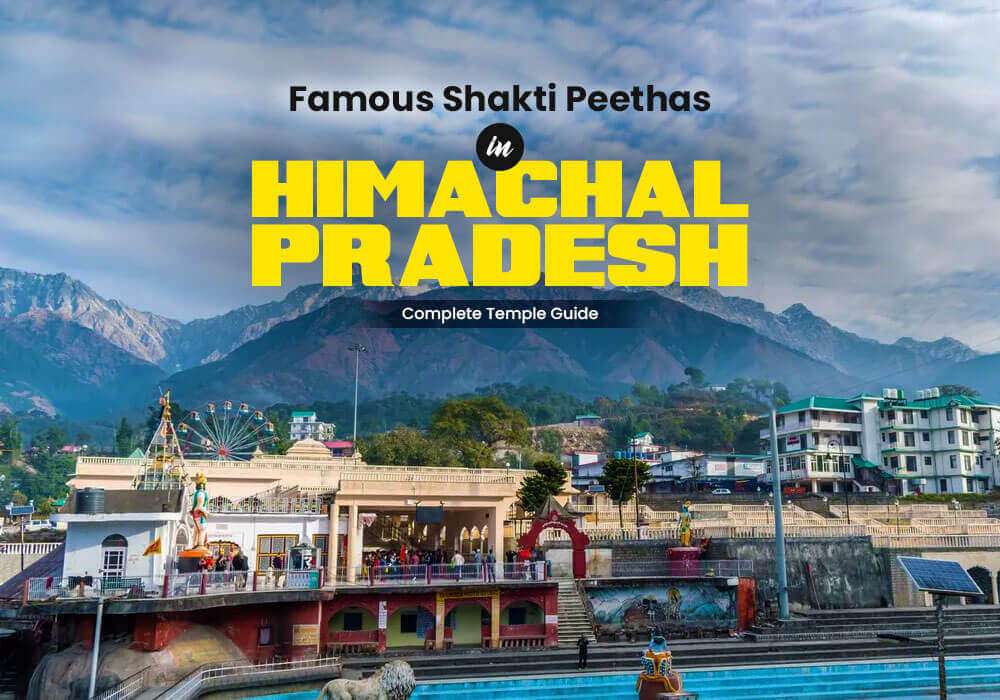



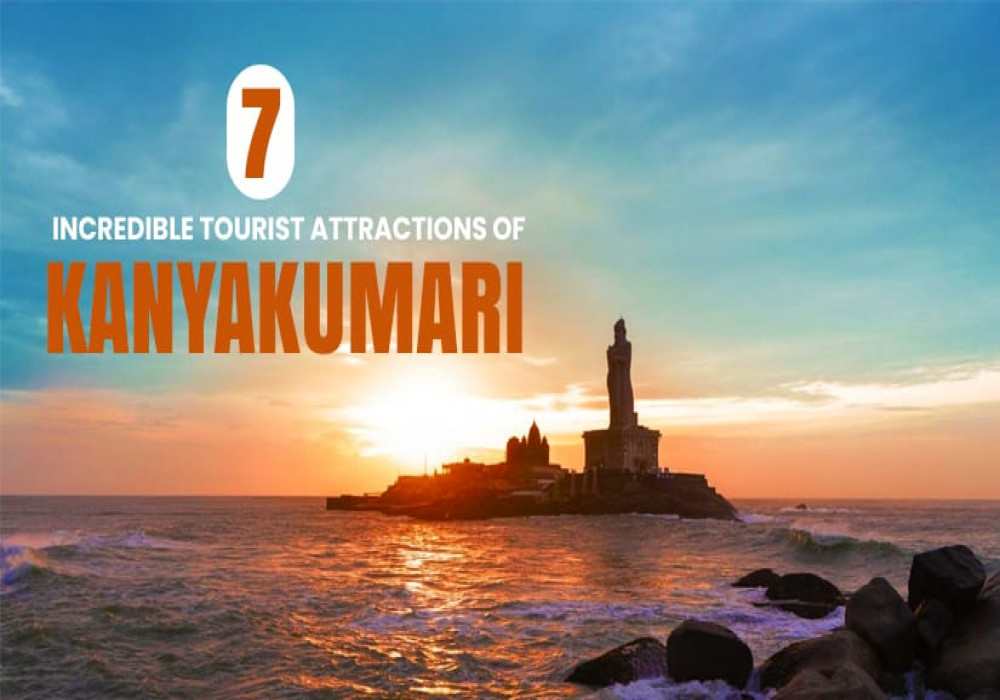
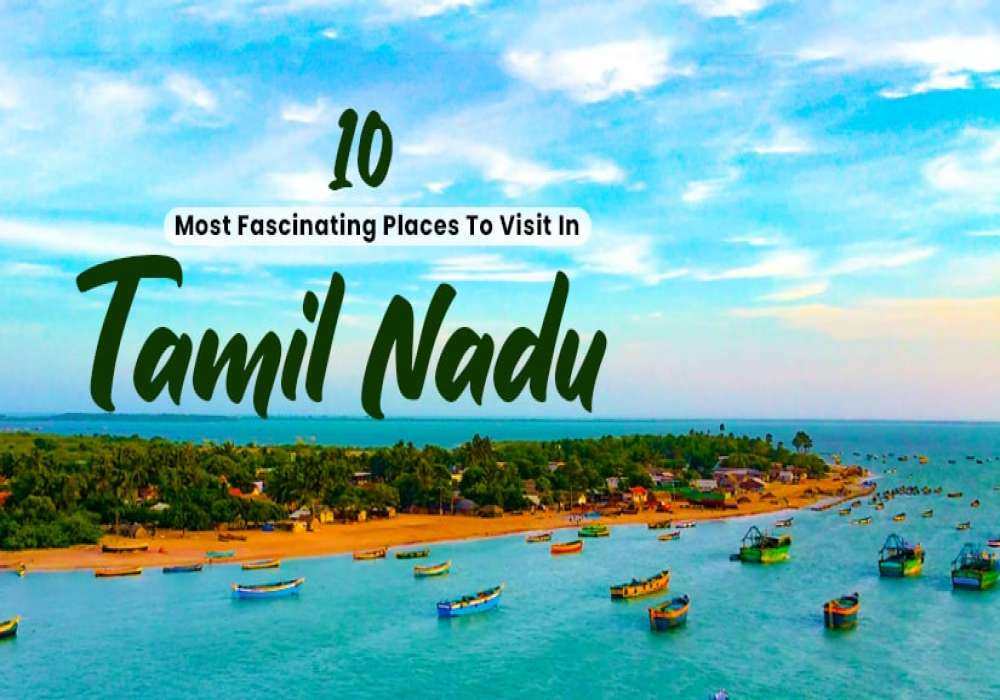
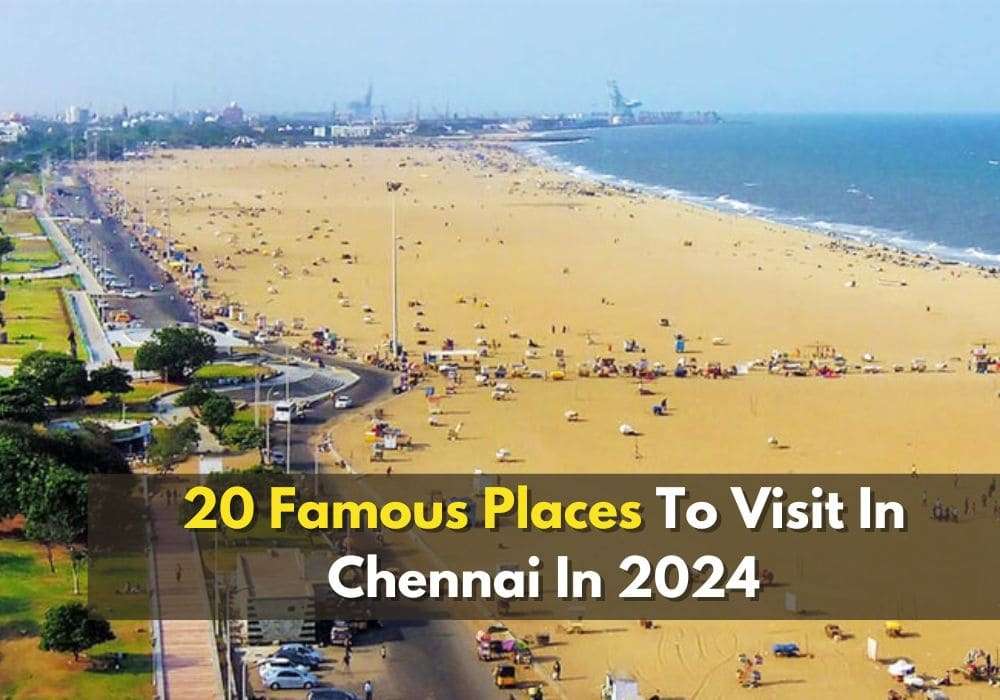
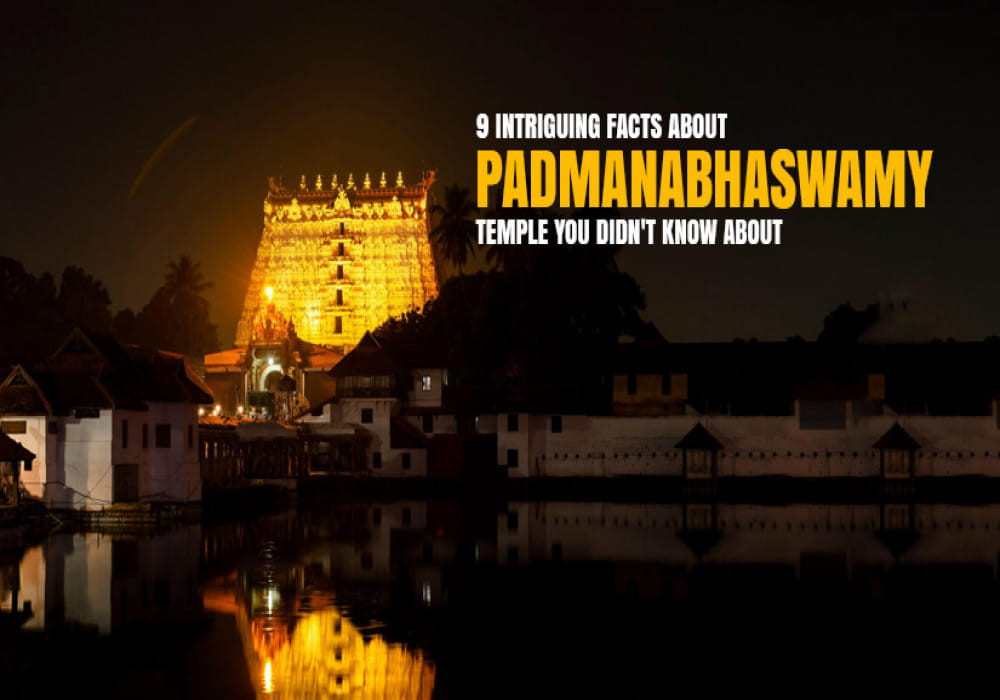
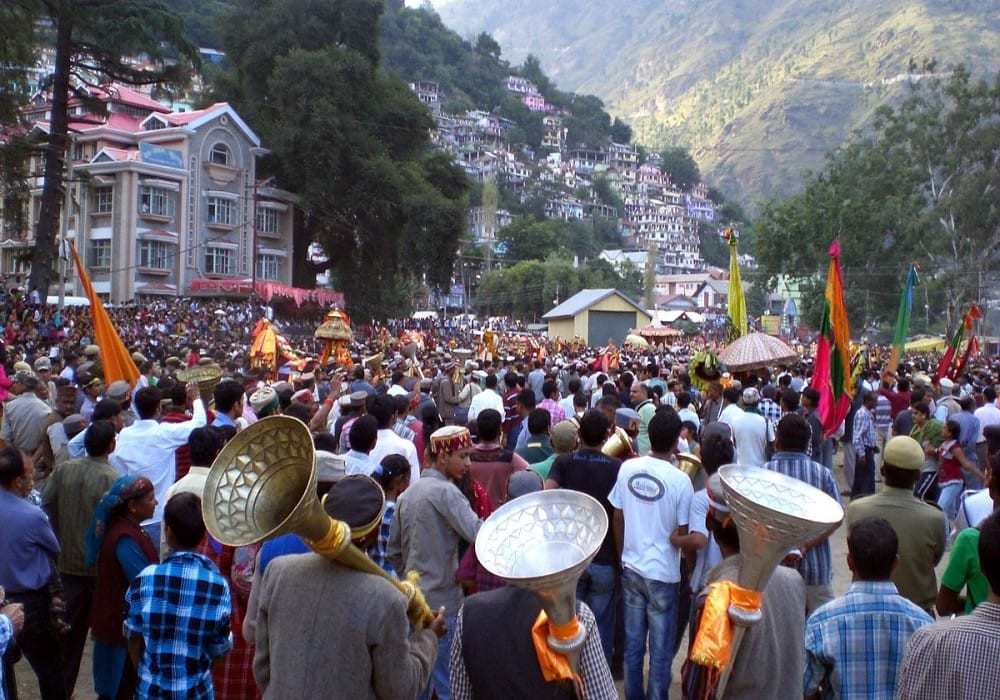



.jpg)
 Dubai
Dubai Malaysia
Malaysia USA
USA





